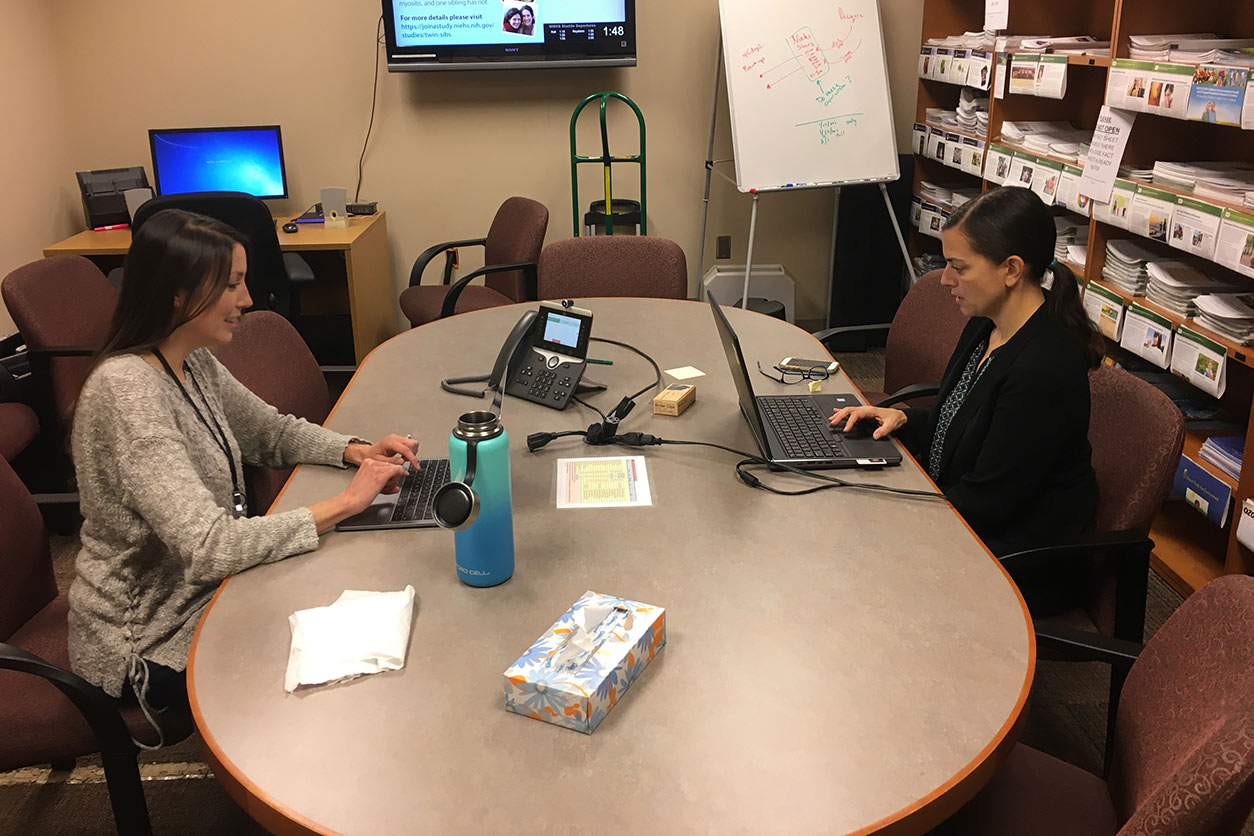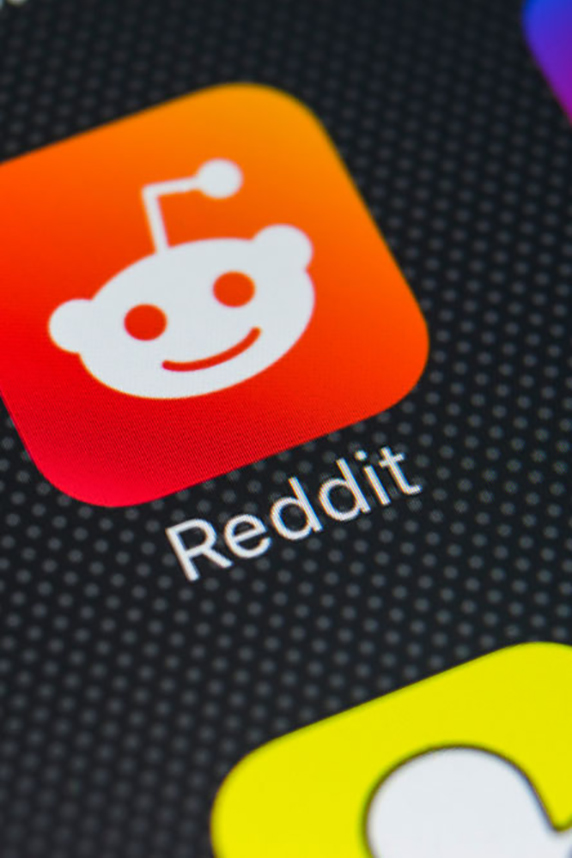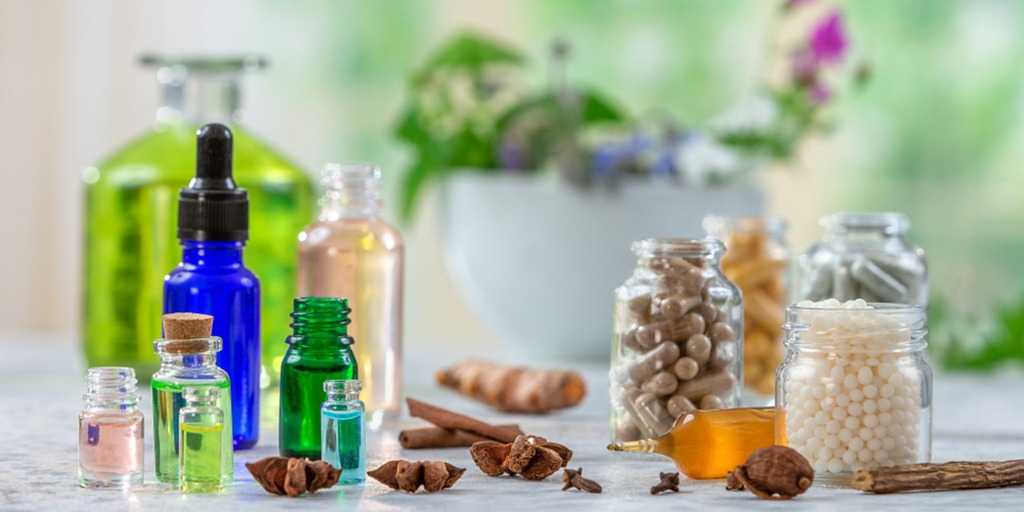On Nov. 8, National Institutes of Health (NIH) scientists from NIEHS, the National Center for Complementary and Integrative Health (NCCIH), the NIH Office of Dietary Supplements (ODS), and others joined science enthusiasts on the social media platform Reddit.
The team hosted an online Q and A, called a Reddit Ask Me Anything (AMA), about their research on the quality, safety, and efficacy of botanical dietary supplements and essential oils.
The AMA was hosted by scientists with a wide array of expertise.
- Stefan Gafner, Ph.D., is chief science officer at the American Botanical Council.
- D. Craig Hopp, Ph.D., is deputy director of the NCCIH Division of Extramural Research.
- Adam Kuszak, Ph.D., is a Health Scientist Administrator in ODS.
- Cynthia Rider, Ph.D., is a toxicologist in the Toxicology Branch of the National Toxicology Program (NTP).
- Tyler Ramsey is a second-year medical school student at Campbell University School of Osteopathic Medicine and a former postbaccalaureate research fellow at NIEHS.
Together, they answered over 80 questions on such topics as concerns over certain supplements on the market, how natural products can be used safely with children, and the issue of bioavailability — or the degree and rate at which a substance is absorbed by the body’s circulatory system. The event was hugely popular with over 3,000 people up-voting the AMA. Upvotes on Reddit — similar to likes on Facebook or Twitter — generally range from a few hundred to a few thousand.
 Scruggs, left, assisted Rider during the AMA. (Photo courtesy of Sheena Scruggs)
Scruggs, left, assisted Rider during the AMA. (Photo courtesy of Sheena Scruggs)Portions of the discussions appear below. Check out a few more of the questions and answers in the archived Reddit AMA on Reddit Ask Science, and stay tuned for more NIEHS AMAs in the future.
Q: What interesting natural products are on the market and widely available but you have serious concerns about?
A: Hi, this is Cynthia! I have serious concerns about vinpocetine — a synthetic compound marketed as a dietary supplement for mental acuity. Here, at the National Toxicology Program, we found that vinpocetine showed signs of developmental toxicity in animal models. The U.S. Food and Drug Administration has determined that vinpocetine does not qualify as a botanical dietary supplement, but it continues to be available in the market.
Tyler, here! I have concerns that lavender oil is also on the market for young children, as there have now been three clinical manuscripts published about abnormal breast growth and the use of lavender oil hygiene products.
 (Photo courtesy of BigTunaOnline/Shutterstock.com)
(Photo courtesy of BigTunaOnline/Shutterstock.com)Q: How much is bioavailability an issue for most herbal supplements?
A: Hi, this is Cynthia. This is a great question! It is a huge issue and one that we need more data to address. First, what do we even mean by bioavailable? How much of the active component gets absorbed from the gut, gets to the target tissue, or the kinetics of that process? There are some pharmacokinetic studies that look at these questions for certain dietary supplements (which is much easier for your vitamins and minerals than for your complex botanicals), but there are still big data gaps.
Hi, this is Adam — indeed a good question! Another issue related to bioavailability is how a botanical ingredient or active component is metabolized before and/or after being absorbed. For example, curcumin is rapidly and extensively metabolized, such that researchers don’t see much of any curcumin in the blood even after very high doses. Some current research is trying to understand what, if any, health effects certain curcumin metabolites might have.
Q: Is there anything specific that would be good for infants or their nursery?
A: Hi, this is Craig. Thanks for the question! A wide range of complementary health approaches are used for children, including herbs and dietary supplements. Children are not small adults, and their bodies can react differently from adults’ bodies. In general, complementary approaches have not been well-studied in children. Tell your child’s health care providers about any complementary or integrative approach you are considering or using for your child. Here is some information on what the science says about dietary supplements that are most commonly used by children.
(Sheena Scruggs, Ph.D., is digital outreach coordinator in the NIEHS Office of Communications and Public Liaison.)
Source link
factor.niehs.nih.gov


